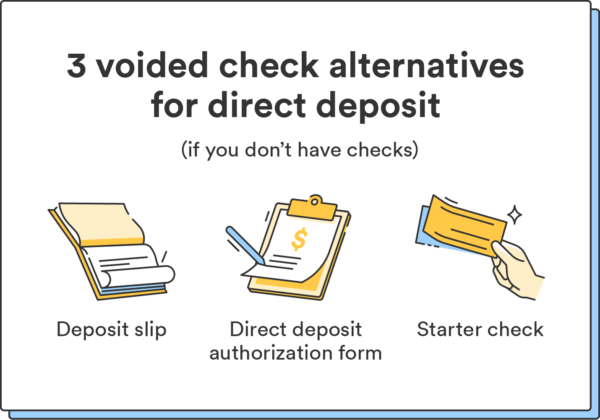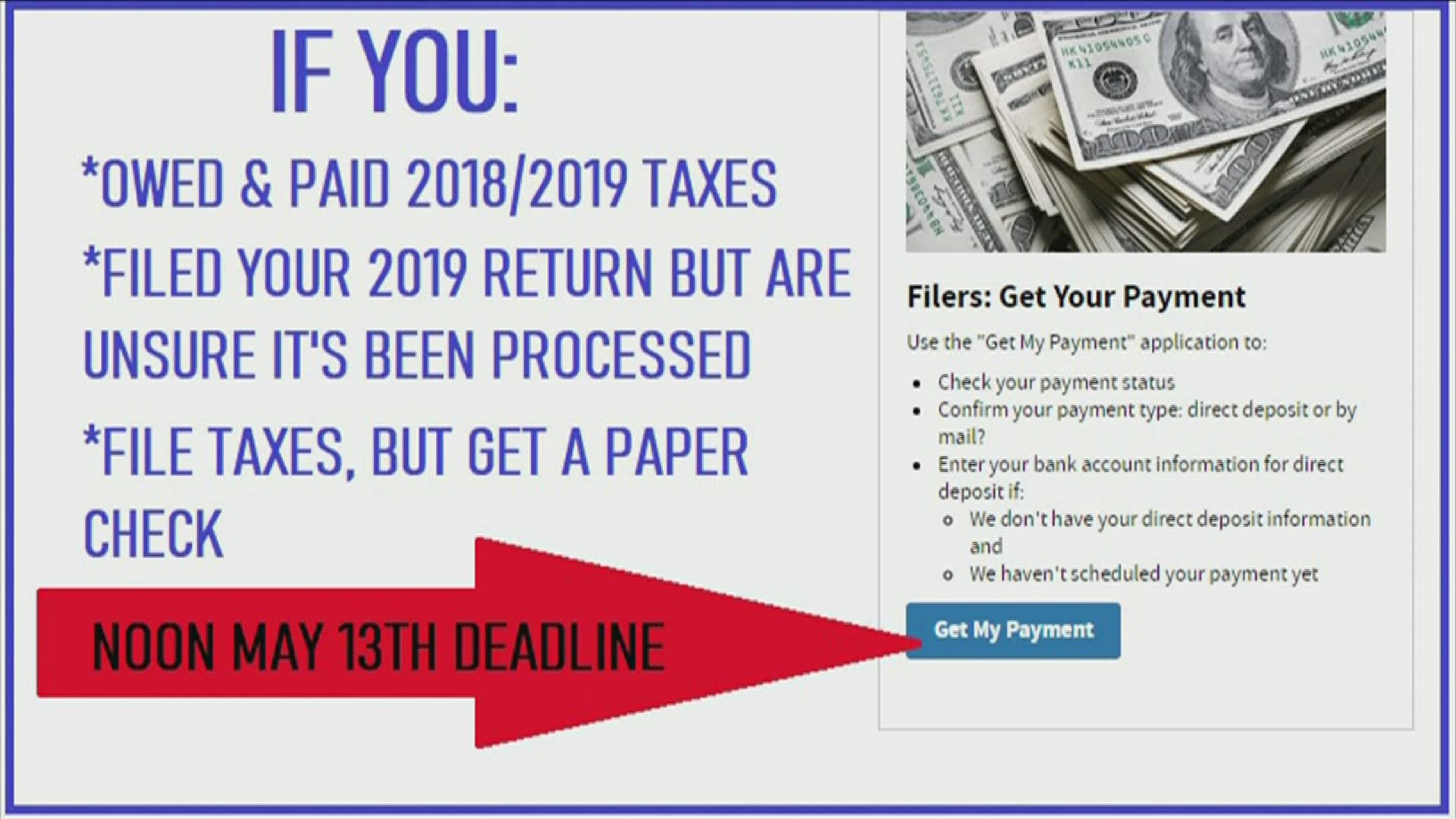What to Do If You Don’t Have a Deposit?
If you don’t have a deposit, negotiate with the landlord for a possible waiver or reduction. Explain your reasons and listen to the landlord’s concerns.

Credit: www.chime.com
Understanding Security Deposits
A security deposit is a sum of money that a tenant pays to a landlord before moving into a rental property. It acts as a form of financial protection for the landlord in case of any damage or unpaid rent.
Security deposits are required by landlords to ensure that the property is well-maintained and to cover any potential losses. The amount of a security deposit is typically equivalent to one or two months’ rent.

Credit: www.chegg.com
What To Do If You Don’t Have A Deposit
If you don’t have a deposit for a rental, try negotiating with the landlord for a waiver or reduction. Be clear and respectful in explaining your reasons and listen to the landlord’s concerns.
Negotiating with the landlord
When it comes to not having a deposit, one option is to negotiate with the landlord. Communicate your situation clearly and respectfully, explaining why you are unable to provide a deposit.
Listen to the landlord’s concerns and expectations, and be open to finding a compromise that works for both parties. Additionally, you can explore alternatives to a traditional deposit.
Exploring alternative options
If negotiating with the landlord isn’t successful, consider exploring alternative options. Some landlords may accept alternative forms of security, such as a letter of credit or a guarantor.
Another option is to look for rental properties that offer deposit-free options, where you pay a non-refundable fee instead. Research local programs or organizations that provide assistance with deposits for low-income individuals or families.
Seeking financial assistance
If you’re still unable to secure a deposit, seek financial assistance. Look for government programs or local charities that offer rental assistance or deposit assistance. These programs may provide grants or loans specifically for rental deposits.
Be sure to carefully review the eligibility criteria and application process, and provide all required documentation in a timely manner. Remember to communicate with potential landlords about your situation and any financial assistance you may be receiving.
Renters’ Rights
If you find yourself in a situation where you don’t have a deposit for renting a property, it’s important to know your rights as a tenant.
In Texas, tenants have the right to “quiet enjoyment,” which means the landlord cannot evict you without cause or disturb your right to live in peace and quiet. If you are experiencing disturbances caused by other tenants, you should complain to the landlord.
When it comes to dealing with disputes with your landlord, open and respectful communication is key. Clearly explain your situation and reasons for not being able to provide a deposit. You can also negotiate with your landlord for a potential reduction or waiver of the deposit.
Additionally, if you paid a deposit at the beginning of your tenancy, you have the right to get it back at the end, as long as there are no damages to the property.
In summary, understanding your rights as a tenant and effectively communicating with your landlord is essential when dealing with a situation where you don’t have a deposit. Complaining about disturbances caused by other tenants and negotiating with the landlord can also help resolve these issues.
Getting Your Deposit Back
Requesting the deposit at the end of the tenancy: When your tenancy comes to an end, you have the right to request your deposit back from the landlord or letting agent. Make sure to communicate clearly and respectfully to claim your deposit.
Reasons for deduction from the deposit: If there are damages to the property or outstanding rent, the landlord may deduct them from your deposit. It’s important to understand the terms of your lease agreement regarding deductions.
Challenging unfair deductions: If you believe that the deductions from your deposit are unjustified, you have the right to challenge them. Review the landlord’s evidence and negotiate for a fair resolution.
Legal Considerations
Legal considerations are important to keep in mind when dealing with deposit disputes. Understanding local laws and regulations is crucial to navigating the situation effectively. In case of a dispute, there may be legal recourse available.
Breaking lease agreements could have legal consequences, and it is essential to be aware of the potential implications.

Credit: www.wfmynews2.com
Frequently Asked Questions
How To Negotiate a Security Deposit?
To negotiate the security deposit, communicate clearly and respectfully with the landlord. Explain reasons for waiver or reduction, and listen to their concerns and expectations. Be honest and open in your discussions. Always review the lease agreement and state regulations before negotiating.
What Happens If Landlord Does Not Return Security Deposit In 30 Days In Texas?
If the landlord does not return the security deposit in 30 days in Texas, the tenant can take legal action by sending a demand letter or filing a lawsuit in small claims court.
How Do I Request A Deposit Back?
To request a deposit back, contact your landlord or letting agent at the end of your tenancy and ask for your deposit. They can only deduct money if there’s a valid reason, such as property damage. Be sure to communicate clearly and respectfully, explaining your request and listening to their concerns.
What Are The Renters Rights In Texas?
Renters in Texas have the right to “quiet enjoyment,” ensuring landlords cannot evict them without cause. They also have the right to request the return of their deposit at the end of their tenancy, provided there are no damages.
Also Worth Reading:
- Does Hyatt Require a Deposit?
- How Do You Get around a Hotel Security Deposit?
- How Much Does The Hotel Hold for Deposit?
- Can I Book a Hotel With No Money on My Card?
- Can I Book a Hotel Without Paying Upfront?
- Can I Pay Cash at the Hotel With Booking.com?
- Can I Prepay a Hotel Room for Someone Else?
- Can You Pay Hotel Deposit With Cash?
- Do Hotels Let You Pay Monthly?
- Do Hotels Need a Deposit If Booked Online?
Conclusion
If you’re facing a rental deposit challenge, remember that negotiation is key. Communicate respectfully and clearly with your landlord about the possibility of a waiver or reduction. Understand your rights as a tenant, and if necessary, seek advice to help you navigate the process.
With open and honest communication, you may find a solution that works for both you and your landlord.







